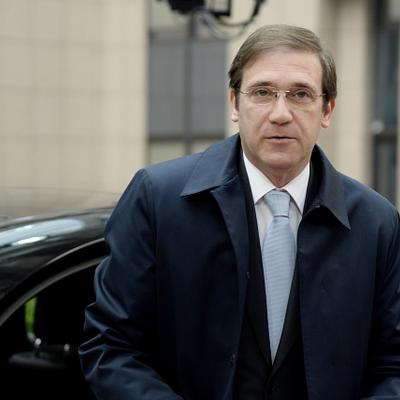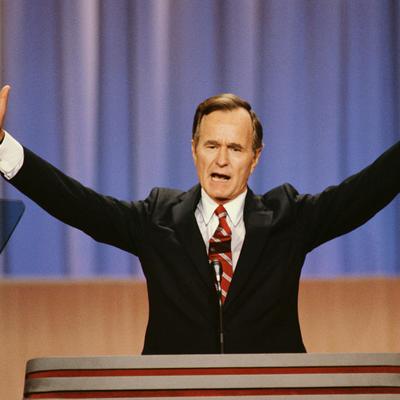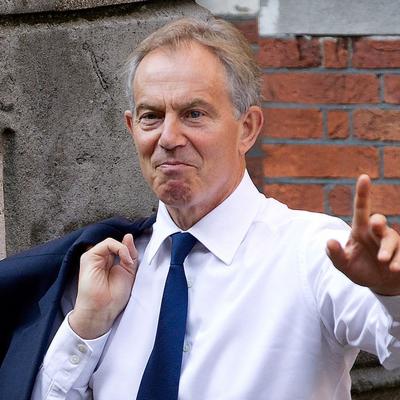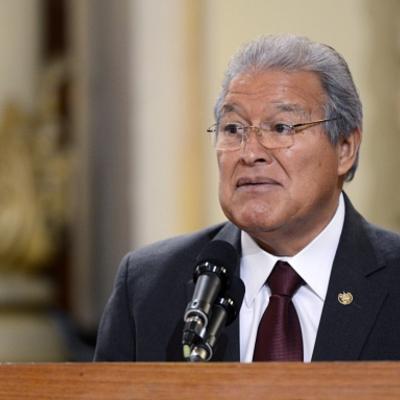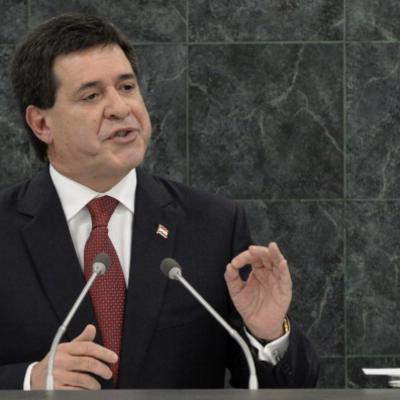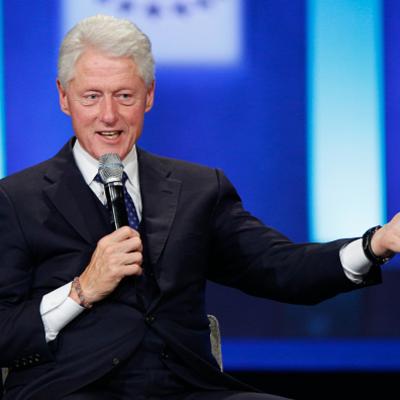What was Shinzo Abe's Net Worth and Salary?
Shinzo Abe was a Japanese politician who had a net worth of $10 million at the time of his death in July 2022. Abe served as the prime minister of Japan from 2006 to 2007 and later from 2012 to 2020, making him the longest-serving prime minister in Japanese history. A conservative and nationalist, he was known for his historical views and embrace of militarism. During a speech in the summer of 2022, Abe was assassinated by a former Japan Maritime Self-Defense Force member at the age of 67.
Early Life and Education
Shinzo Abe was born on September 21, 1954, in Tokyo, Japan, into a prominent political family. His father, Shintaro Abe, held various governmental positions, most notably in the House of Representatives. His grandfather, Nobusuke Kishi, served as the prime minister of Japan from 1957 to 1960. Abe had two brothers, Hironobu and Nobuo. He attended Seikei Elementary School, Seikei Junior and Senior High School, and later graduated with a BA in political science from Seikei University in 1977. Abe also studied as a visiting student at the University of Southern California from 1978 to 1979.
Career Beginnings
After his studies, Abe began his career at Kobe Steel in 1979. He left the company in 1982 to take on various governmental roles, including private secretary to the chairperson of the Liberal Democratic Party's general council, and secretary to his father during numerous diplomatic trips.
House of Representatives
Following his father's death in 1991, Abe was elected to the House of Representatives representing Yamaguchi Prefecture's first district. By the late 1990s, he had become the director of the Social Affairs Division. He later served as Chief Cabinet Secretary in the cabinets of Prime Ministers Yoshirō Mori and Junichiro Koizumi. In 2003, Abe was appointed secretary-general of the Liberal Democratic Party, and in 2006, he was elected the party's president.
Prime Minister, 2006-2007
Abe became Japan's prime minister in September 2006. His tenure focused on balancing the national budget, fostering Japanese nationalism, and addressing historical issues. Abe also sought to enhance Japan's relations with India, China, and Southeast Asia and promoted military reforms. However, his term was marred by scandals and political losses, leading to his resignation in 2007 due to health issues and political pressures.
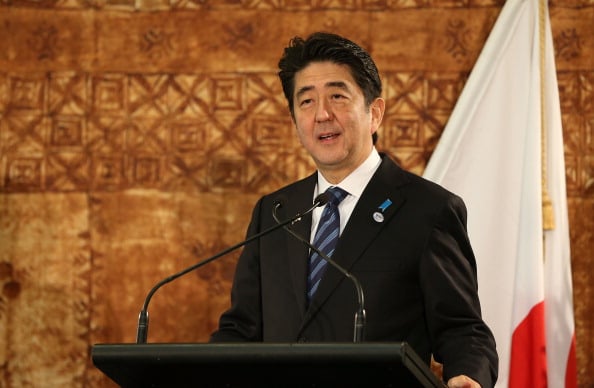
Getty Images
Prime Minister, 2012-2020
In 2012, after the resignation of Liberal Democratic Party president Sadakazu Tanigaki, Abe was reelected as LDP president and subsequently became Japan's prime minister again. Abe's second term saw him reelected in both 2014 and 2017, making him the longest-serving prime minister.
During this period, Abe implemented "Abenomics" to address economic stagnation with mixed results. He reinstated the Trans-Pacific Partnership to liberalize Japan's economy and continued efforts to revise historical narratives taught in schools. Abe strengthened Japan's international relations, particularly with NATO and the EU.
A significant focus was the expansion of the Japanese military. Abe pushed for constitutional amendments to allow military engagements overseas, facing public protests. His administration also experienced controversies, including a favoritism scandal and criticism over handling natural disasters and diplomatic conflicts with South Korea. In 2020, health issues led to his resignation.
Personal Life
In 1987, Abe married Akie Matsuzaki, the daughter of Morinaga's president. The couple did not have children.
Assassination
On July 8, 2022, while delivering a campaign speech in Nara, Japan, Abe was shot and killed by a man using a homemade gun. Despite being airlifted to a hospital, he was pronounced dead. The assassin, Tetsuya Yamagami, was a former member of the Japanese Maritime Self-Defense Force and held a grudge against the Unification Church, believing Abe supported its propagation in Japan.


